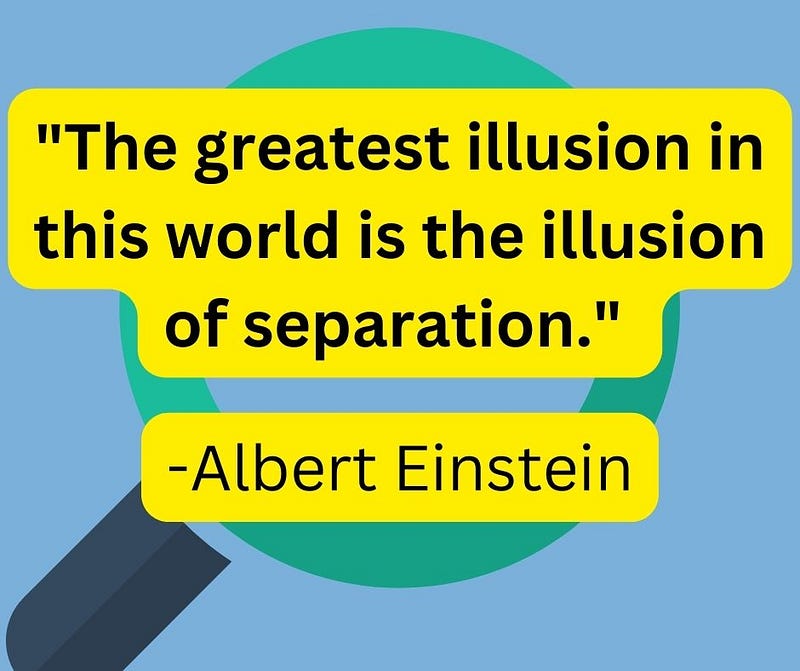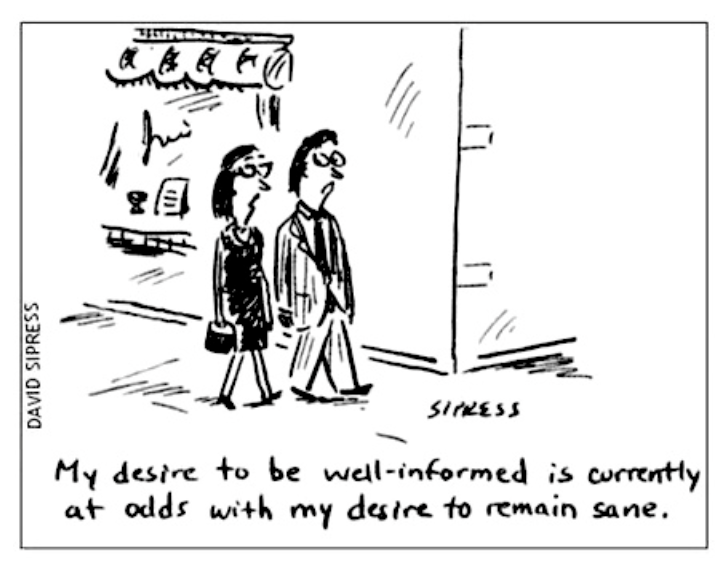Exploring Humanity's Complex Relationship with Science
Written on
Science is a multifaceted human endeavor, often intertwined with controversy. At times, it poses a challenge to established authorities, questioning existing norms and ideologies. Conversely, science can also serve as a powerful instrument for those in control, facilitating conflict, enforcing order, and sustaining economic systems.
This complexity is not inherently moral; science, like any human construct, is devoid of ethical judgment. The actions taken under the banner of science reflect our own choices rather than the abstract concept itself.
For scientists, the discipline can feel burdensome—an all-consuming career, a source of income, or a significant drain on time. The experience of science is heavily influenced by context—its purpose, location, and the people involved. Regardless of whether one works in the social or natural sciences, the humanity embedded within and around scientific inquiry is inescapable.
At its core, science is a human enterprise. As such, it does not exist outside of societal structures, which are inherently flawed. Social issues often guide scientific inquiry, directing where knowledge is pursued. Conversely, societal challenges also infiltrate scientific practice, as science offers a perspective through which to view the world, albeit a limited one.

As Max Planck famously stated, "Science advances one funeral at a time." This suggests that societal dynamics often dictate who gets to utilize scientific inquiry and for what purposes. Throughout history, various groups have marginalized or dismissed scientific contributions, whether for altruistic reasons or otherwise.
It's impossible to quantify how many scientists and their contributions have been lost to societal progress. Many have become tragic figures in stories of lost potential, akin to martyrs. Historical figures like Pythagoras, Hypatia, and Galileo faced severe repercussions for challenging prevailing beliefs, enduring ostracism, violence, or even death for their groundbreaking work.
Scientific research offers insights into this phenomenon. Individuals who perceive the world as a hostile space often resort to bullying behaviors. Such individuals isolate and attack any perceived threats to their status quo, often viewing change as a direct challenge.
When scientists advocate for new ideas or question existing methods, they can inadvertently position themselves as targets for these bullies. The intent behind a scientist's actions—whether driven by curiosity or profit—matters little to those motivated to suppress perceived threats.
Research shows that bullies often operate within a broader societal framework that tacitly supports their actions. If bullying goes unaddressed, it becomes normalized, leading to a cycle where conflict arises and winners and losers emerge.
In some cases, society openly aligns with the bully, transitioning from indifference to outright hostility. Influenced by their fears, these societal forces can redirect scientific scrutiny back onto those pushing for innovation, much like a child destroying an anthill out of sheer impulse.

Dr. Chanda Prescod-Weinstein aptly noted, "Science is supposedly about asking questions, except about scientists and how science is done." Historical mobs have violently confronted those in scientific leadership, revealing a dark relationship between societal instability and scientific advancement.
Even when scientists are acknowledged for their contributions, their safety is not guaranteed. The history of figures like Alan Turing illustrates this harsh reality; despite his pivotal role in safeguarding Britain during WWII, he was ultimately subjected to punishment for his identity.
This pattern is not unique to Turing or the Nazis. Throughout history, certain groups have faced dehumanization, leading to unspeakable tragedies. Individuals in positions of power have often exploited others, leading to scientific advancements steeped in ethical ambiguity.
Today's scientific landscape is fraught with challenges, from systemic issues that promote inequality to an environment that incentivizes a narrow view of knowledge. This creates a scenario where many are unable to access the benefits of scientific progress.
In academia, there exists a significant gap between those who possess specialized knowledge and the general public. This divide not only hinders understanding but also perpetuates a cycle where knowledge becomes exclusive to a privileged few.
Despite the challenges, science remains a powerful tool for understanding and transforming the world. However, it is crucial to acknowledge the complexities and societal influences that shape scientific inquiry.

In a world rife with inequality, there is a tendency to equate intellectual prowess with monetary gain, particularly when those in power enjoy both. While we remember the scientists who have reshaped our understanding of the universe, we often overlook the societal contexts in which they operated.
Ultimately, scientists are human beings, shaped by their environments and experiences. Our roles and perceptions of knowledge are fluid, often shifting based on societal dynamics. This complexity underscores the need for a nuanced understanding of the relationship between science and society.

Further reading: - A history of research into bullying (Chapter 1) - Bullying in Different Contexts - Social relations and presence of others predict bystander intervention: Evidence from violent… - Pluralistic: Humans are not perfectly vigilant - Fixable | How to spot a bully in the workplace (w/ Master Fixer Amy Cuddy) - Part 1 - Vanished Inca may have used binary code language - Ozymandias - How to stop a bully (w/ Master Fixer Amy Cuddy) - Part 2 (Transcript) - Where Have All the Midwives Gone?